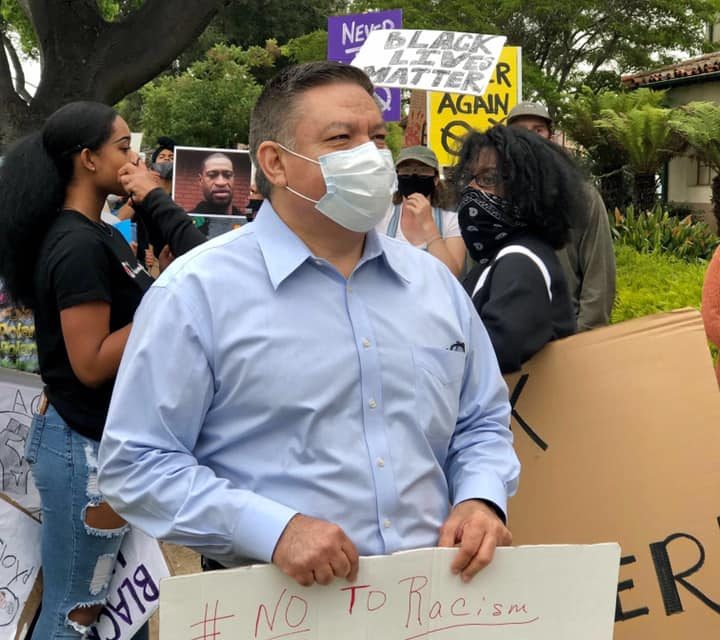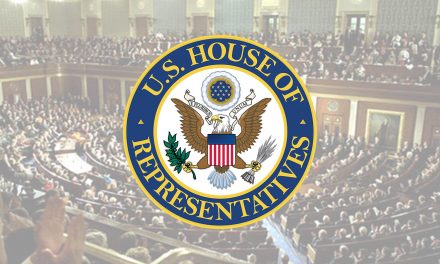Sweeping legislative package reforms police training and practices, improves accountability
Yesterday, Congressman Carbajal became an original cosponsor of the Justice in Policing Act, introduced by Rep. Karen Bass (D-CA), Chairwoman of the Congressional Black Caucus. The bicameral measure marks the first-ever comprehensive approach to hold problem police officers accountable and rebuild trust between law enforcement and the communities they serve.
“Since George Floyd was killed, millions of Americans of every race, age, and background have joined together to protest the injustices Black men and women too often face when dealing with law enforcement. Last week, I joined peaceful protestors in Santa Maria in saying ‘Black lives matter.’ That truth should not be up for debate,”said Rep. Carbajal. “No person of color in America should have to live in fear of being killed by a police officer. Moreover, no rogue police officer should be able to use the cover of their badge to shield themselves from accountability. The first step in enhancing the police-community relationship is to ensure that law enforcement leaders across the country have the incentive and ability to remove problem police officers from their ranks. I’m proud to be an original cosponsor of the Justice in Policing Act, which makes long overdue reforms to ensure our law enforcement can better serve all members of their community.”
The Justice in Policing Act of 2020:
- Prohibits federal, state, and local law enforcement from racial, religious and discriminatory profiling, and mandates training on racial, religious, and discriminatory profiling for all law enforcement.
- Bans chokeholds, carotid holds and no-knock warrants at the federal level and limits the transfer of military-grade equipment to state and local law enforcement.
- Mandates the use of dashboard cameras and body cameras for federal officers and requires state and local law enforcement to use existing federal funds to ensure the use of police body cameras.
- Establishes a National Police Misconduct Registry to prevent problematic officers who are fired or leave on agency from moving to another jurisdiction without any accountability.
- Amends federal criminal statute from “willfulness” to a “recklessness” standard to successfully identify and prosecute police misconduct.
- Reforms qualified immunity so that individuals are not barred from recovering damages when police violate their constitutional rights.
- Establishes public safety innovation grants for community-based organizations to create local commissions and task forces to help communities to re-imagine and develop concrete, just and equitable public safety approaches.
- Creates law enforcement development and training programs to develop best practices and requires the creation of law enforcement accreditation standard recommendations based on President Obama’s Task force on 21st Century policing.
- Requires state and local law enforcement agencies to report use of force data, disaggregated by race, sex, disability, religion, age.
- Improves the use of pattern and practice investigations at the federal level by granting the Department of Justice Civil Rights Division subpoena power and creates a grant program for state attorneys general to develop authority to conduct independent investigations into problematic police departments.
- Establishes a Department of Justice task force to coordinate the investigation, prosecution and enforcement efforts of federal, state and local governments in cases related to law enforcement misconduct.













